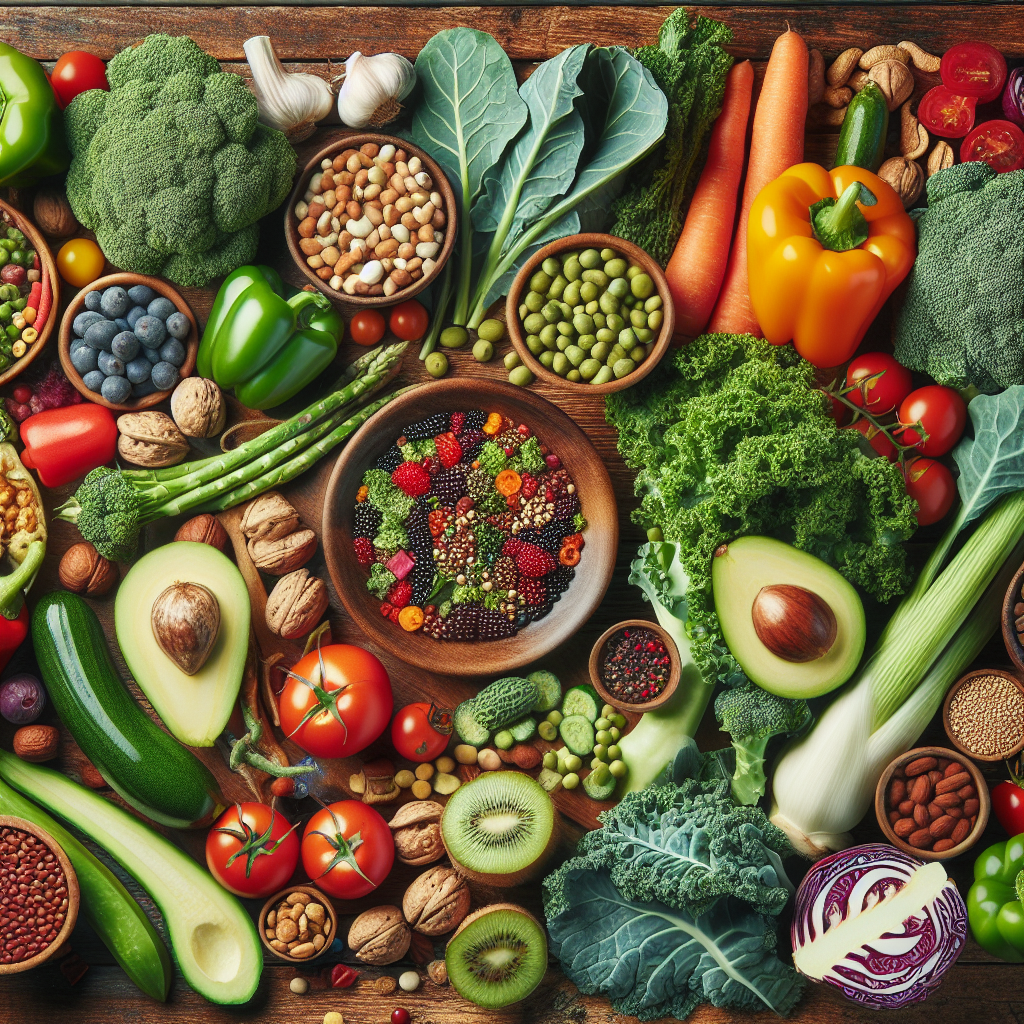Embracing a sustainable vegan diet plan is a wonderful way to align your lifestyle with values that prioritize health, environmental stewardship, and animal welfare. A vegan diet excludes all animal products, focusing instead on plant-based foods such as fruits, vegetables, grains, nuts, and seeds. This dietary choice not only benefits your personal health but also has a positive impact on the planet.
Transitioning to a sustainable vegan diet can seem daunting at first, but with the right approach and a bit of planning, it can become a seamless part of your life. It's important to understand that a sustainable diet isn't just about what you eat; it's also about how you source and prepare your food. Opting for locally grown, organic produce, and reducing food waste are key components of sustainability.
By choosing a sustainable vegan diet, you are making a conscious decision to consume fewer resources and reduce your carbon footprint. Studies have shown that plant-based diets are associated with lower greenhouse gas emissions, reduced land use, and less water consumption compared to diets that include meat and dairy products.
Ready to embark on your journey towards a healthier, more sustainable lifestyle? Visit our website to learn more and get started today! Click here.
Benefits of a Vegan Diet
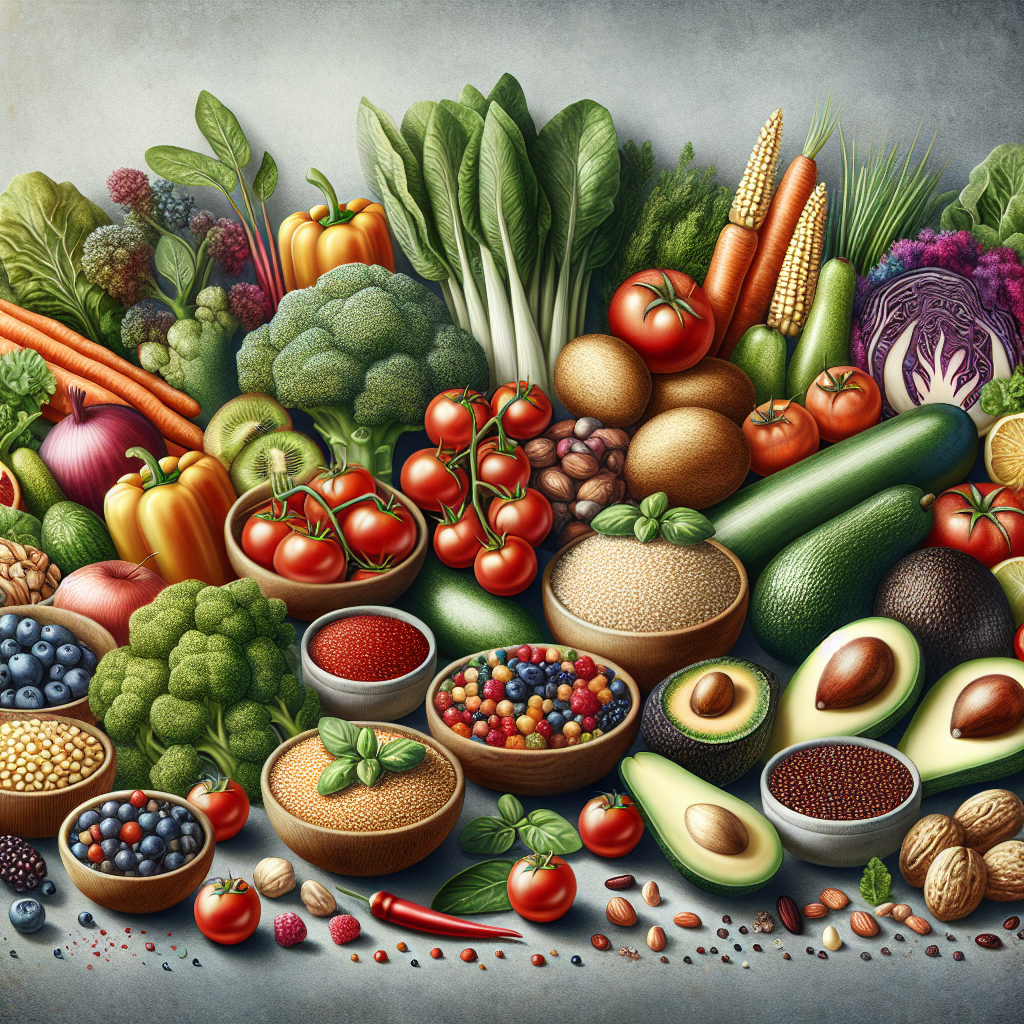
Adopting a sustainable vegan diet plan offers numerous benefits for both your health and the environment. One of the most notable advantages is the potential for improved overall health. A well-balanced vegan diet is rich in essential nutrients, including vitamins, minerals, and antioxidants, all of which contribute to better physical well-being.
A vegan diet can help lower the risk of chronic diseases such as heart disease, high blood pressure, type 2 diabetes, and certain cancers. This is largely due to the diet's high content of fruits, vegetables, whole grains, and legumes, which are naturally low in saturated fats and cholesterol. Additionally, plant-based diets are often associated with lower body mass index (BMI) and can aid in maintaining a healthy weight.
Beyond personal health, a vegan diet has substantial environmental benefits. Livestock farming is a major contributor to greenhouse gas emissions, deforestation, and water pollution. By choosing plant-based foods, you reduce your carbon footprint and help conserve precious natural resources. It's a powerful way to contribute to a more sustainable and ethical food system.
Another significant benefit is the positive impact on animal welfare. By excluding animal products from your diet, you are taking a stand against the practices of factory farming and animal exploitation. Every plant-based meal is a step towards a more compassionate world.
In summary, a vegan diet not only promotes personal health but also supports environmental sustainability and ethical living. These compelling reasons make it an attractive choice for many individuals seeking to make a positive difference in their lives and the world around them.
Planning Your Vegan Meals
Effective meal planning is crucial for a successful sustainable vegan diet plan. It ensures you get a balanced intake of nutrients while also making your vegan journey enjoyable and stress-free. Start by familiarizing yourself with a variety of plant-based foods including fruits, vegetables, grains, legumes, nuts, and seeds. These will be the building blocks of your meals.
Begin your meal planning by creating a weekly menu. This will help you stay organized and avoid the last-minute scramble for meal ideas. Consider including a mix of different cuisines and flavors to keep your meals exciting. For instance, you could have Italian pasta with marinara sauce one night, a Thai vegetable curry the next, and a Mexican quinoa bowl another day.
Incorporate a variety of protein sources such as beans, lentils, tofu, tempeh, and chickpeas. These foods are rich in protein and can be used in a multitude of dishes. Don’t forget to include whole grains like brown rice, quinoa, and oats, which provide essential carbohydrates and fiber. Healthy fats are also important; avocados, nuts, seeds, and olive oil are excellent choices.
Stocking your pantry with staple ingredients can make meal preparation easier. Items like canned beans, frozen vegetables, whole grain pasta, and sauces can be lifesavers on busy days. Additionally, preparing meals in bulk and storing them in the refrigerator or freezer can save time and ensure you always have a nutritious meal ready.
Lastly, don’t be afraid to experiment with new recipes and ingredients. The internet is a treasure trove of vegan recipes and meal ideas. By planning your meals thoughtfully, you can ensure that your vegan diet is not only sustainable but also varied and delicious.
Balancing Nutrition in Vegan Diets
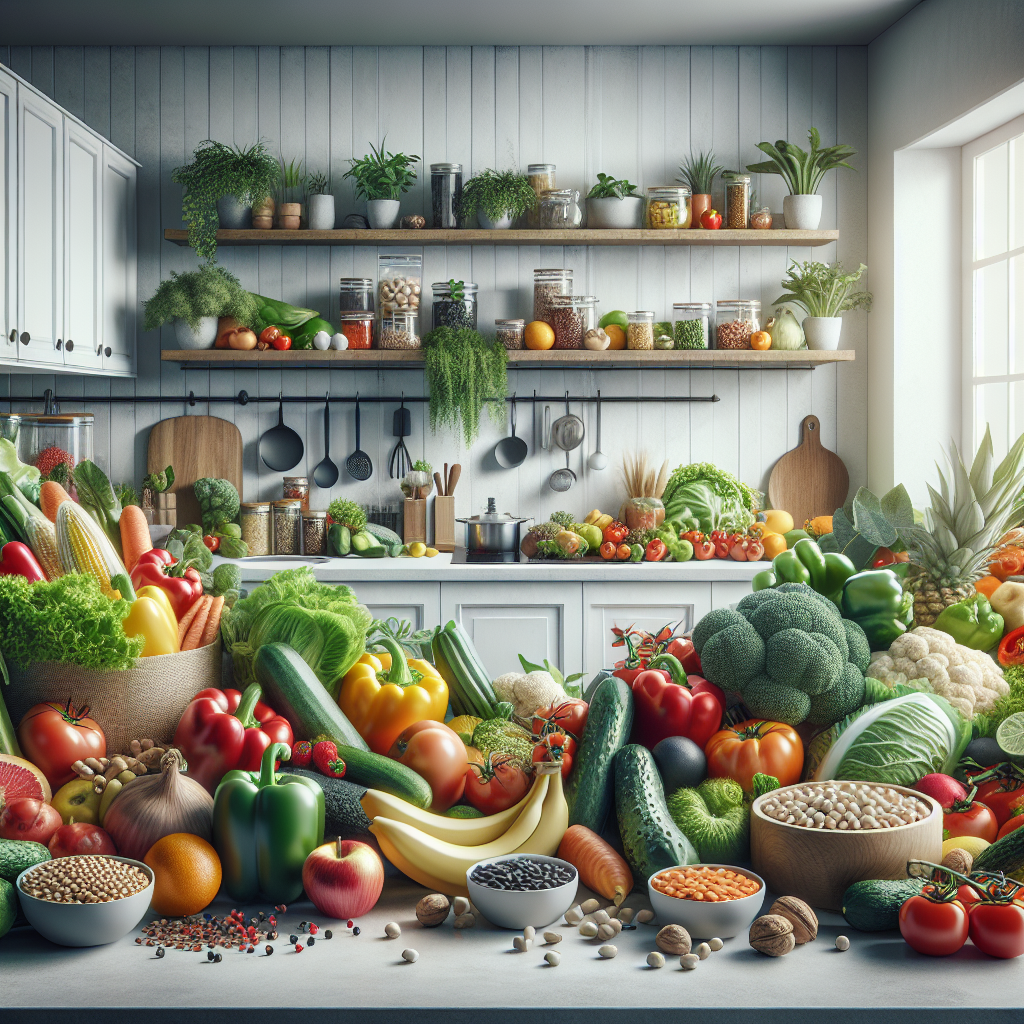
Balancing nutrition is a key component of a successful sustainable vegan diet plan. Ensuring that you get all the necessary nutrients can be challenging but with careful planning, it is entirely achievable. Here are some essential tips to help you maintain a well-rounded vegan diet.
Protein is often a primary concern for those new to veganism. Fortunately, there are plenty of plant-based sources of protein, such as beans, lentils, tofu, tempeh, chickpeas, and quinoa. Incorporating a variety of these foods into your daily meals can help you meet your protein needs.
Next, focus on vitamins and minerals. For instance, vitamin B12 is critical for nerve function and is typically found in animal products, so vegans should consider fortified foods or B12 supplements. Iron is another important mineral that is abundant in spinach, lentils, chickpeas, and fortified cereals. Pairing iron-rich foods with vitamin C-rich foods like oranges or bell peppers can enhance iron absorption.
It is also crucial to include sufficient omega-3 fatty acids in your diet. These essential fats can be found in flaxseeds, chia seeds, hemp seeds, and walnuts. Additionally, consider algae-based supplements if you feel you are not getting enough through food alone.
Calcium is another nutrient that needs attention. Leafy greens, fortified plant milks, tofu, and almonds are excellent sources of calcium. Vitamin D works hand in hand with calcium, so ensure you get enough sunlight exposure or consider taking a vitamin D supplement, especially during the winter months.
Finally, don’t overlook the importance of fiber, which is naturally abundant in a plant-based diet. Foods like fruits, vegetables, whole grains, nuts, and seeds will help you meet your fiber needs, promoting good digestion and overall health.
By paying attention to these nutrient categories, you can create a balanced and nourishing vegan diet that supports your health and well-being.
Tips for Staying Committed
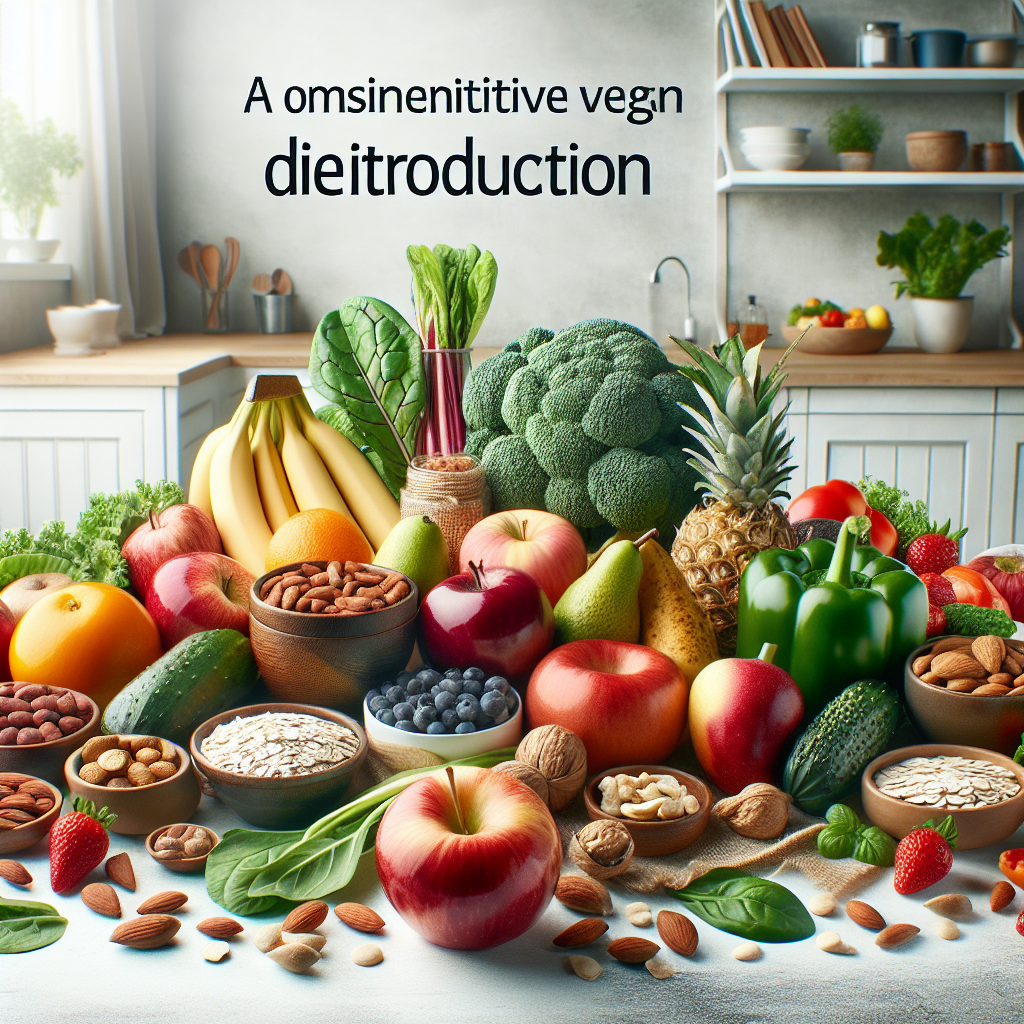
Maintaining commitment to a sustainable vegan diet plan can be challenging, especially during the initial transition period. However, with the right strategies, staying committed becomes much easier and more enjoyable. Here are some practical tips to help you stay on track:
Set Clear Goals: Establishing clear, achievable goals can provide you with a sense of direction and purpose. Whether your goal is to improve your health, reduce your environmental impact, or support animal welfare, having a clear objective will keep you motivated.
Educate Yourself: Knowledge is power. The more you understand about the benefits of a vegan diet, the easier it will be to stick with it. Read books, watch documentaries, and follow reputable vegan blogs to continuously educate yourself about vegan nutrition and lifestyle.
Plan Your Meals: Meal planning is crucial to avoid last-minute temptations and ensure you always have healthy options available. Prepare a weekly menu, stock up on essential ingredients, and batch-cook meals to save time and reduce stress.
Find Community: Surrounding yourself with like-minded individuals can significantly boost your commitment. Join local vegan groups, participate in online forums, or attend vegan events to connect with others who share your values and can offer support and encouragement.
Experiment and Enjoy: Don’t be afraid to try new recipes and explore different cuisines. The variety in plant-based foods can be incredibly exciting, and discovering new flavors and textures can keep your diet interesting and satisfying.
Stay Positive: Focus on the positive aspects of your vegan journey rather than dwelling on any challenges. Celebrate your progress, no matter how small, and remind yourself of the reasons you chose this path.
Be Patient: Transitioning to a vegan diet is a process, and it’s okay to make mistakes along the way. Be kind to yourself and understand that every step towards a more sustainable diet is a step in the right direction.
By incorporating these tips into your daily routine, you'll find it easier to stay committed to your sustainable vegan diet plan and enjoy the myriad benefits it brings to your life.
Sustainable Vegan Recipe Ideas
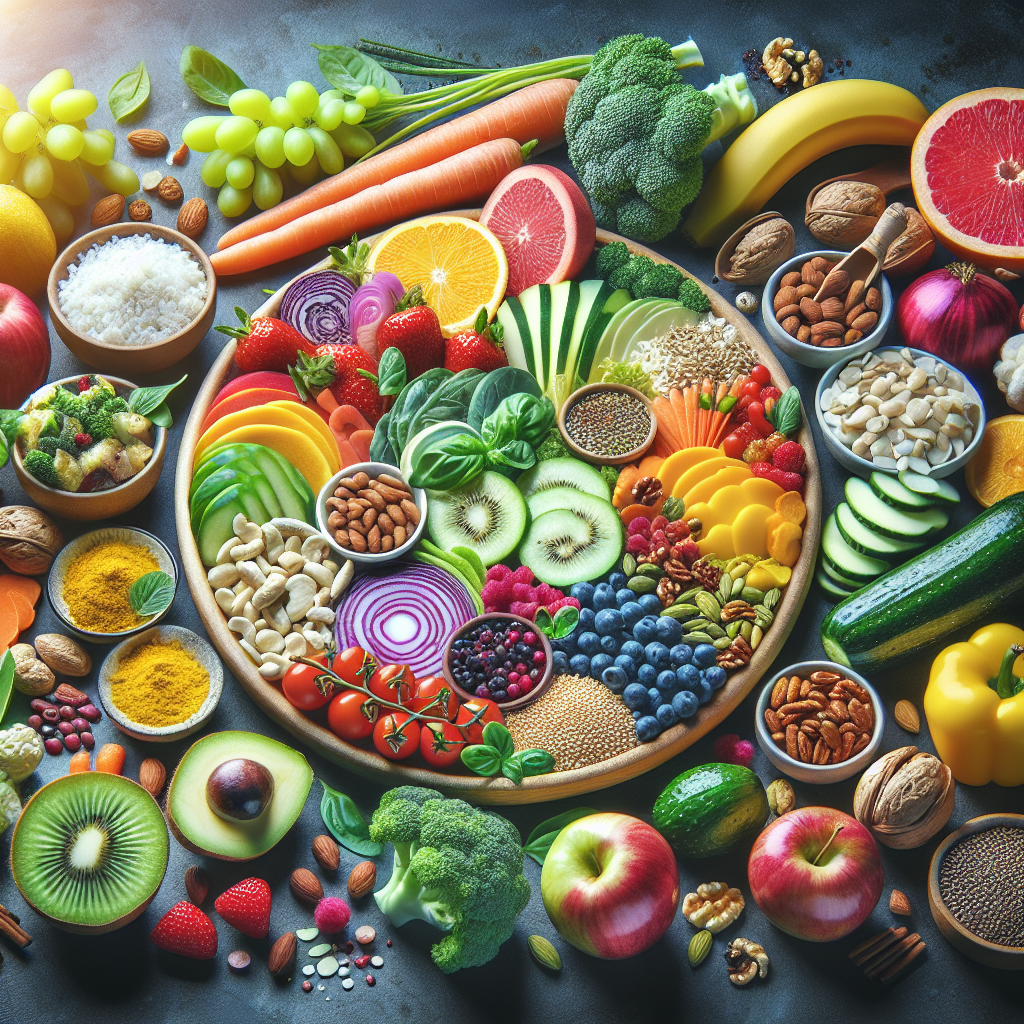
One of the most enjoyable aspects of a sustainable vegan diet plan is discovering and creating delicious, nutritious meals. Here are some sustainable vegan recipe ideas to inspire your culinary journey:
- Chickpea and Spinach Curry: A hearty and flavorful dish that’s easy to prepare. Sauté onions, garlic, and ginger in olive oil, then add chickpeas, tomatoes, and fresh spinach. Season with curry powder, cumin, and coriander for a delicious, wholesome meal.
- Quinoa and Black Bean Salad: This protein-packed salad is perfect for meal prep. Cook quinoa according to package instructions, then mix with black beans, corn, bell peppers, and avocado. Dress with lime juice, olive oil, and a pinch of salt and pepper.
- Lentil and Vegetable Stew: A comforting and nutritious stew made with lentils, carrots, potatoes, and celery. Cook lentils until tender, then add vegetables and simmer until everything is cooked through. Season with thyme, bay leaves, and a splash of balsamic vinegar for depth of flavor.
- Stuffed Bell Peppers: A colorful and satisfying dish. Hollow out bell peppers and stuff with a mixture of cooked rice, beans, and your favorite vegetables. Bake until the peppers are tender, and serve with a side salad.
- Sweet Potato and Kale Stir-Fry: A quick and easy meal that’s packed with nutrients. Sauté sweet potato cubes and kale in olive oil until tender. Add a splash of soy sauce and a sprinkle of sesame seeds for extra flavor.
These recipes not only support a sustainable vegan diet but also highlight the rich variety and taste that plant-based foods offer. Cooking at home allows you to control the ingredients and ensure that your meals are both healthy and environmentally friendly.
Visit our website to learn more and get started today! Click here.
